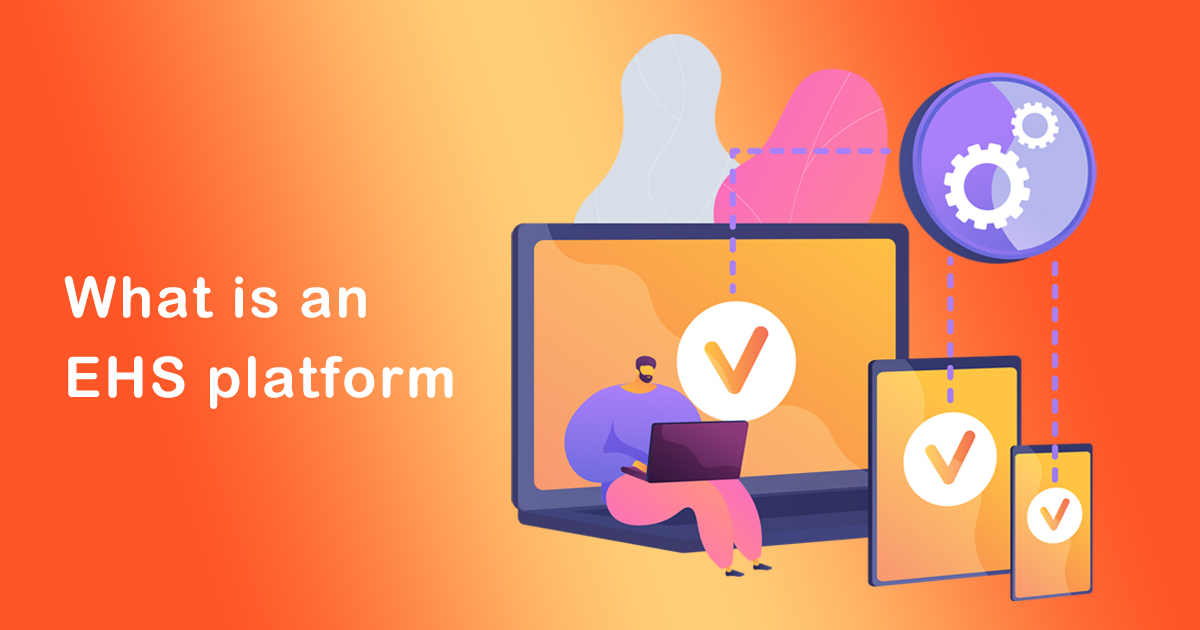In today’s world, it has become increasingly important for businesses to focus on environmental, health, and safety (EHS) compliance. With a growing number of regulations and laws, businesses have a responsibility to ensure they are meeting these standards. An EHS platform is a technology solution that helps organizations manage their EHS compliance requirements. In this blog, we will explore what an EHS platform is and its importance in the Indian context.
What is an EHS Platform?
An EHS platform is a software solution that enables organizations to manage their environmental, health, and safety compliance requirements. The platform helps organizations to track their compliance with regulations, manage incidents, track training, and assess risks. With an EHS platform, businesses can ensure that they are meeting all the requirements of the laws and regulations governing their industry.
Why is an EHS Platform Important in India?
India has a complex regulatory environment with a large number of laws and regulations governing environmental, health, and safety standards. There are a plethora of laws and regulations that businesses must comply with, such as the Water (Prevention and Control of Pollution) Act, the Air (Prevention and Control of Pollution) Act, and the Factories Act, to name a few. Failure to comply with these laws can result in severe consequences, including fines and even the closure of the business.
With the growing number of regulations and laws, it has become increasingly difficult for businesses to manage their EHS compliance requirements. An EHS platform can help businesses streamline their compliance processes, making it easier to manage their EHS requirements. With an EHS platform, businesses can ensure they are meeting all the regulatory requirements, avoid costly fines, and reduce their risk of incidents and accidents.
Benefits of an EHS Platform
- Compliance Management: An EHS platform helps businesses manage their compliance requirements by providing a centralized platform for tracking and reporting on their compliance status.
- Incident Management: An EHS platform enables businesses to manage incidents by providing a platform for reporting, tracking, and investigating incidents.
- Risk Assessment: An EHS platform enables businesses to identify and assess risks by providing a platform for conducting risk assessments and developing mitigation strategies.
- Training Management: An EHS platform enables businesses to manage training by providing a platform for tracking employee training requirements and delivering training materials.
- Cost Savings: An EHS platform can help businesses reduce costs by minimizing the risk of incidents and accidents, avoiding fines, and reducing insurance premiums.
Conclusion
In conclusion, an EHS platform is a vital tool for businesses in India to manage their environmental, health, and safety compliance requirements. With the growing number of regulations and laws, it has become increasingly important for businesses to have a centralized platform to manage their compliance requirements. An EHS platform can help businesses streamline their compliance processes, reduce the risk of incidents and accidents, and minimize the costs associated with non-compliance. It is essential for businesses in India to embrace EHS platforms to ensure they are meeting their compliance requirements and operating in a safe and sustainable manner.








